What Causes Inflammation?
Inflammation is the body’s natural response against certain physical, chemical, or biological stimuli. Inflammation may be caused by injury, exposure to toxins, bacterial infections, or infectious organisms. In moderate amounts, acute inflammation is beneficial to our healing processes and help us defend against foreign pathogens.
If inflammation becomes persistent and chronic, it can affect multiple bodily systems and lead to various health problems and chronic diseases. When inflammation becomes chronic and uncontrolled, the result is an excessive inflammatory response and oxidative stress. Therapeutic agents, like anti-inflammatory pharmaceuticals, work by regulating inflammatory mediators in the body.
Oxidative stress is an imbalance between the level of free radicals and antioxidants in the body. When free radicals overpower our antioxidant systems, it may result in long term cellular damage and progress to a disease state. Oxidative stress can activate inflammatory mediators and further exacerbate the inflammatory process of several medical conditions [1]. Compounds with high antioxidant activity, such as the phenolic compounds that can be found in Chaga, can combat this oxidative stress, thus promoting anti-inflammatory action [1].
Inonotus obliquus, often referred to as Chaga, is a mushroom commonly known for its powerful antioxidant abilities. It has one of the highest ORAC (Oxygen Radical Absorbance Capacity) values on the planet! ORAC informs us on the ability of a substance to neutralize free radicals so that they do not overpower our antioxidant capabilities and cause oxidative stress. Chaga also has powerful anti-inflammatory effects which are due to its antioxidant capabilities as well as certain constituents the mushroom is composed of.
The Benefits of Chaga for Inflammatory Bowel Disease (IBD)
Inflammatory bowel disease (IBD) is a condition with a strong inflammatory component, as the name suggests. Inflammation of the intestines (colitis) can lead to mucosal damage and pose risks for cancer development or even intestinal perforation. One study found that treatment of colitis with Chaga decreased the expression of TNF-alpha [2]. TNF-alpha is a pro-inflammatory cytokine and concentrations have been found to be elevated in those with IBD [2].
Clinical therapy investigations into the treatment of people with IBD have previously centered around blocking TNF-alpha activity, and Chaga seems to be exhibiting this same effect [2]. TNF-alpha mediates inflammation and can stimulate an inflammatory cascade in the body. It has beneficial actions when inflammation or infection is acute, and it holds important roles in increasing resistance to infection and preventing cancer development.
However, in some cases, such as chronic inflammation, it is not beneficial to the body as it will continue to encourage an inflammatory state and abdominal pain. Thus, Chaga’s ability to decrease expression of this factor lends to its anti-inflammatory activities.

Chaga for Pain and Swelling in the Joints
The aforementioned study also stated that Chaga’s anti-inflammatory effects may be due to the inhibition of inducible NO synthase (iNOS) and COX-2 expression via down-regulation of NF-kB activity [2]. When inflammation is occurring in the body, this can induce expression of COX-2 and iNOS at the sites of inflammation. This often leads to an increase in the level of inflammation, joint pain, swelling, and other associated signs and symptoms at the affected site [2].
The COX-2 enzyme is one of the most common targets for anti-inflammatory pharmaceuticals. COX-2 inhibitors are a subgroup of non-steroidal anti-inflammatory drugs (NSAIDs) that treat pain and inflammation in many conditions, such as arthritis. Thus, it seems that the results from this research suggest that Chaga may act similarly to pharmaceuticals, and likely with very little side effects in comparison. Not only this, Chaga would also exhibit further benefits to health and provide an overall improvement in well-being rather than targeting only certain signs and symptoms.
Another study on a mushroom extract of Chaga found that multiple aspects of Chaga exhibit its anti-inflammatory effects [1]. Not only does Chaga help to prevent against the oxidative stress that may ensue with chronic inflammation, but the same study found that polysaccharides in Chaga were able to inhibit nitric oxide (NO) production [1]. This is significant because NO is an important contributor to the inflammatory processes in the body and measuring the level of NO is actually a way in which we can gauge the level of inflammation that is occurring [1]. Thus, inhibition of NO can produce anti-inflammatory effects.

Using Medicinal Mushrooms to Support Immune Function
With all we already know about the benefits of medicinal mushrooms, it’s consistently mind-blowing how versatile these powerful fungi can be. Each mushroom has powerful abilities in certain aspects of health, but with each new research paper that is released, the health benefits become greater and greater.
So, to answer the question, YES! Chaga mushroom supplements with high percentages of beta glucans and triterpenes have the ability to produce anti-inflammatory effects and support immune function due to various different constituents it is composed of and especially due to its powerful antioxidant capabilities.
By Silvana Jakupovic — BSc and 4th Year Student of Naturopathic Medicine (CCNM-Boucher)
References:
[1] Alhallaf W, Perkins LB. The Anti-Inflammatory Properties of Chaga Extracts Obtained by Different Extraction Methods against LPS-Induced RAW 264.7. Molecules. 2022 Jun 30;27(13):4207. doi: 10.3390/molecules27134207. PMID: 35807453; PMCID: PMC9268247.
[2] [1] Choi SY, Hur SJ, An CS, Jeon YH, Jeoung YJ, Bak JP, Lim BO. Anti-inflammatory effects of Inonotus obliquus in colitis induced by dextran sodium sulfate. J Biomed Biotechnol. 2010;2010:943516. doi: 10.1155/2010/943516. Epub 2010 Mar 10. PMID: 20300439; PMCID: PMC2840610.


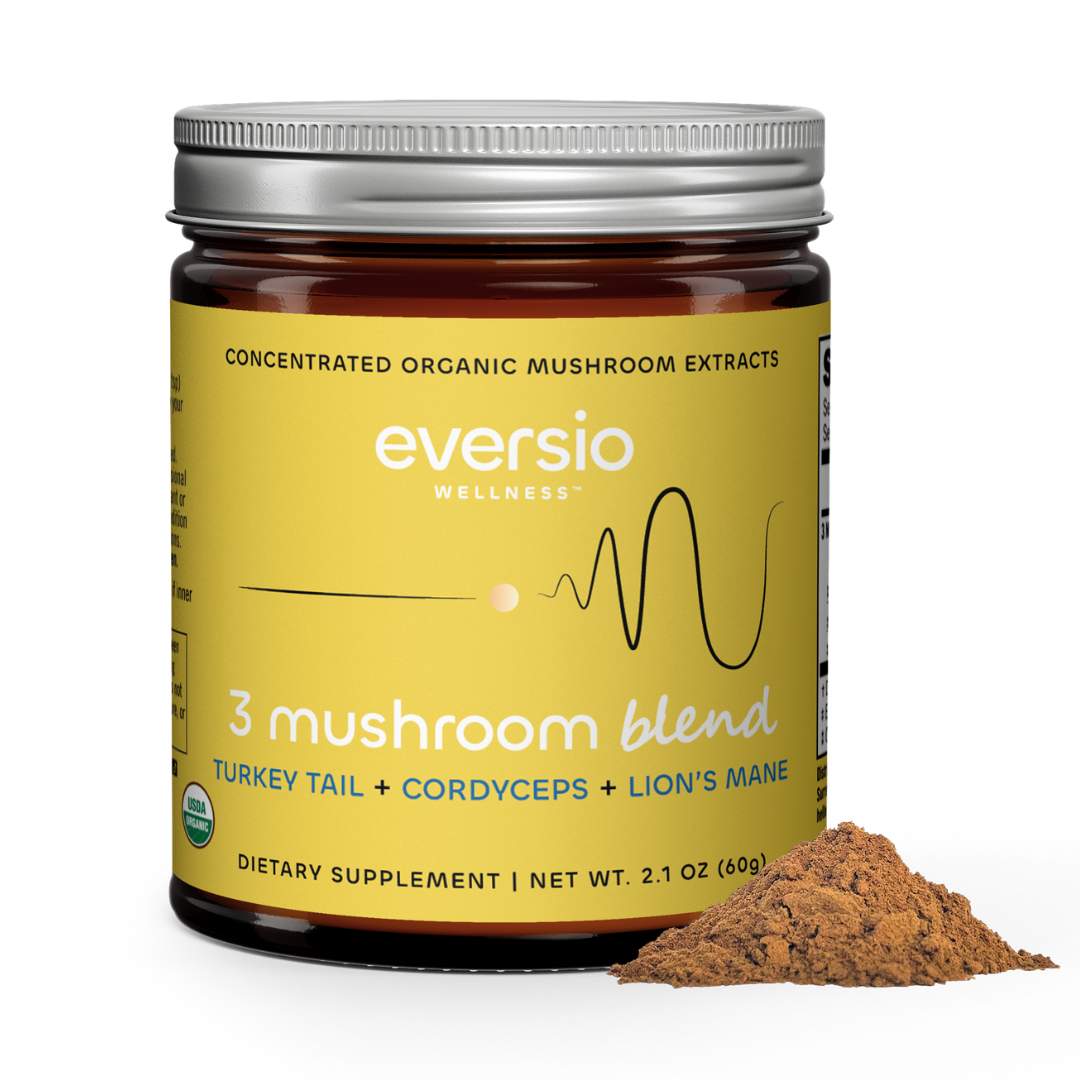


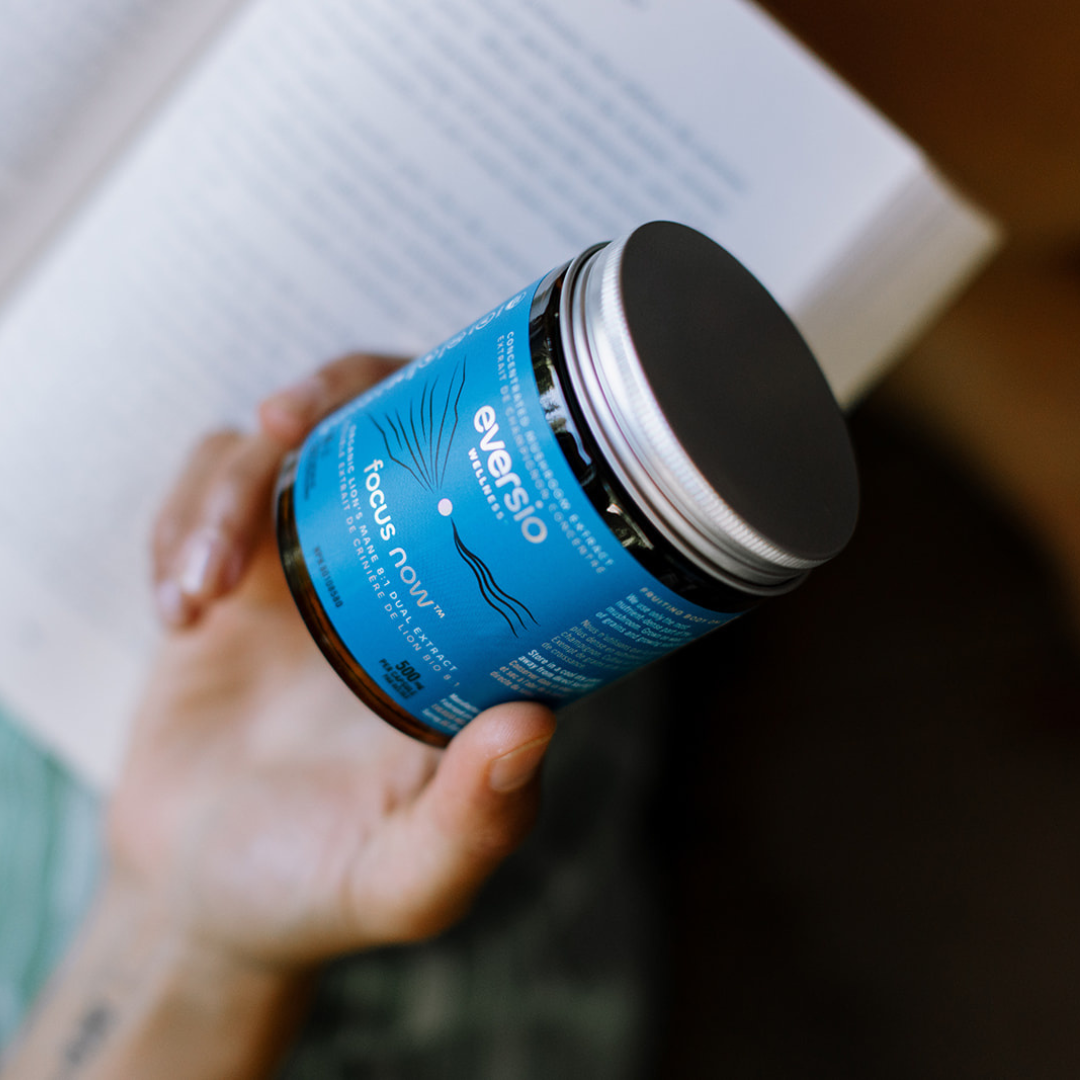
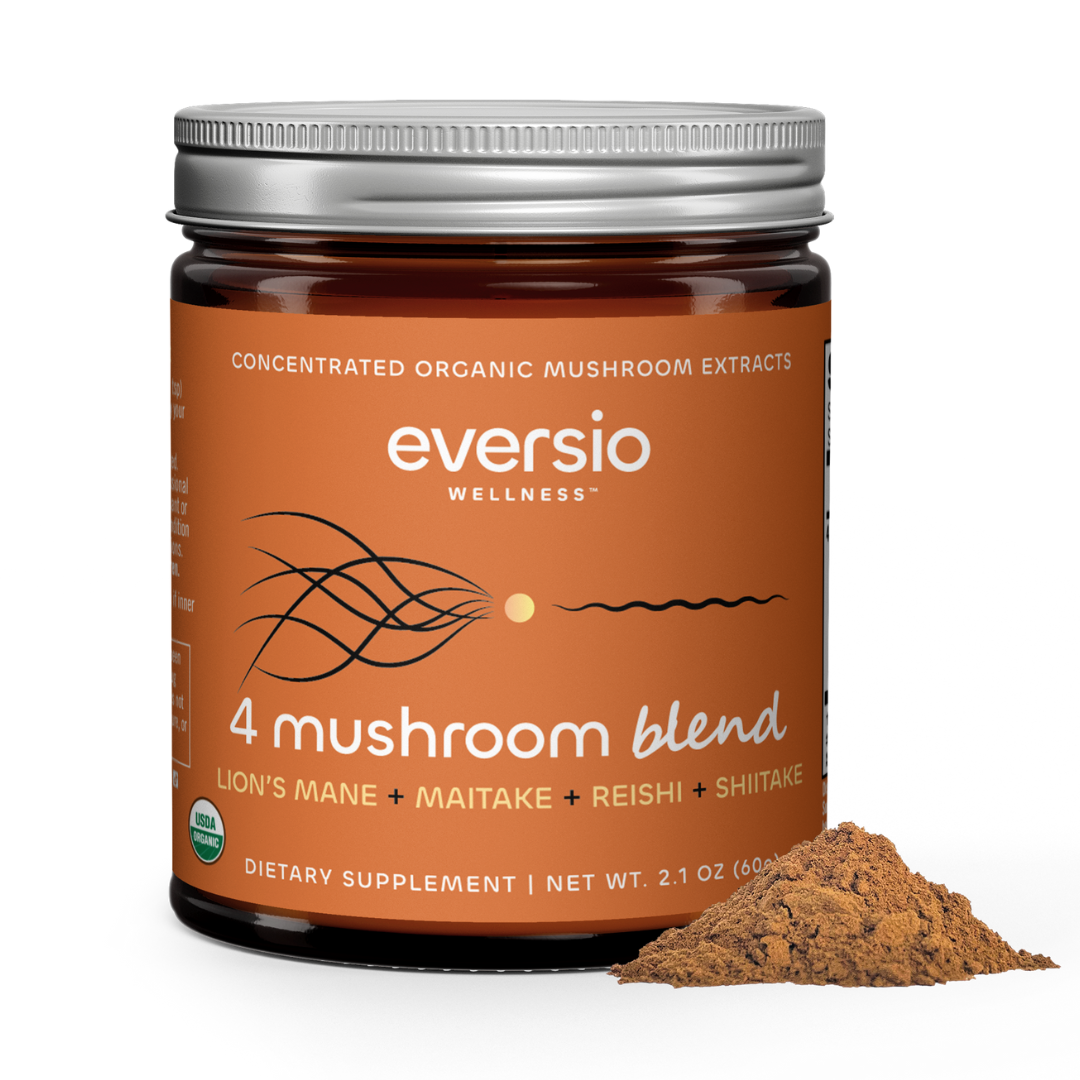

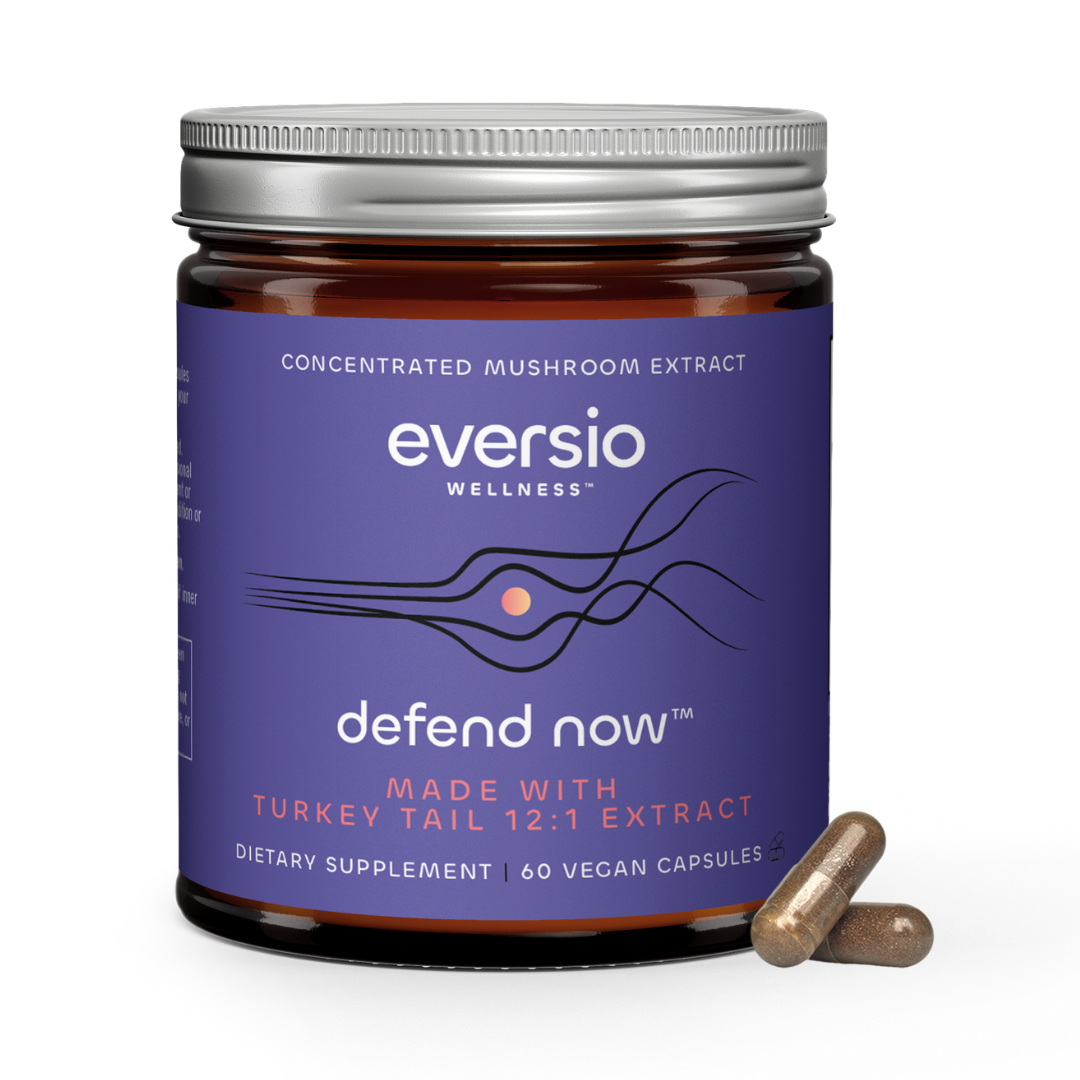
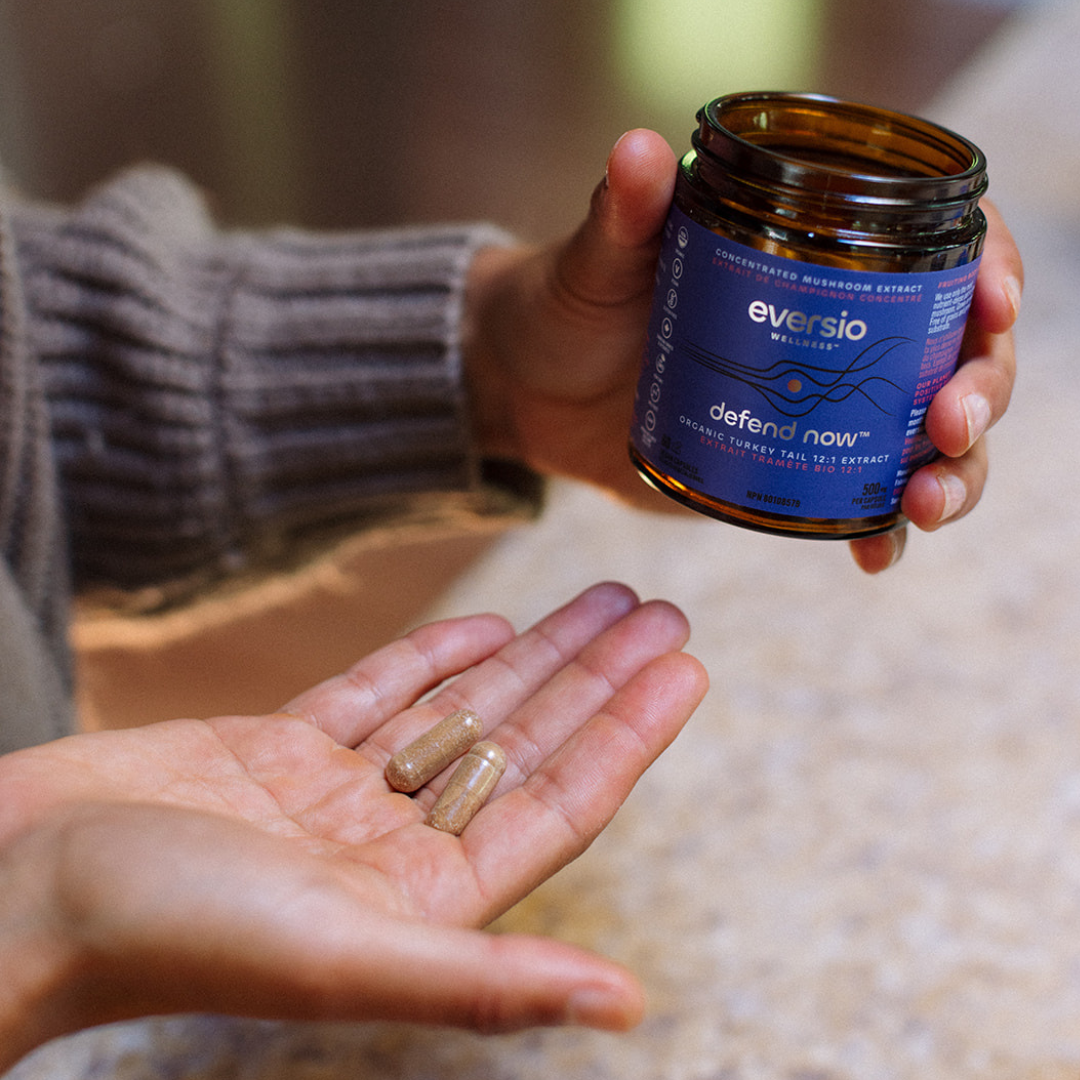
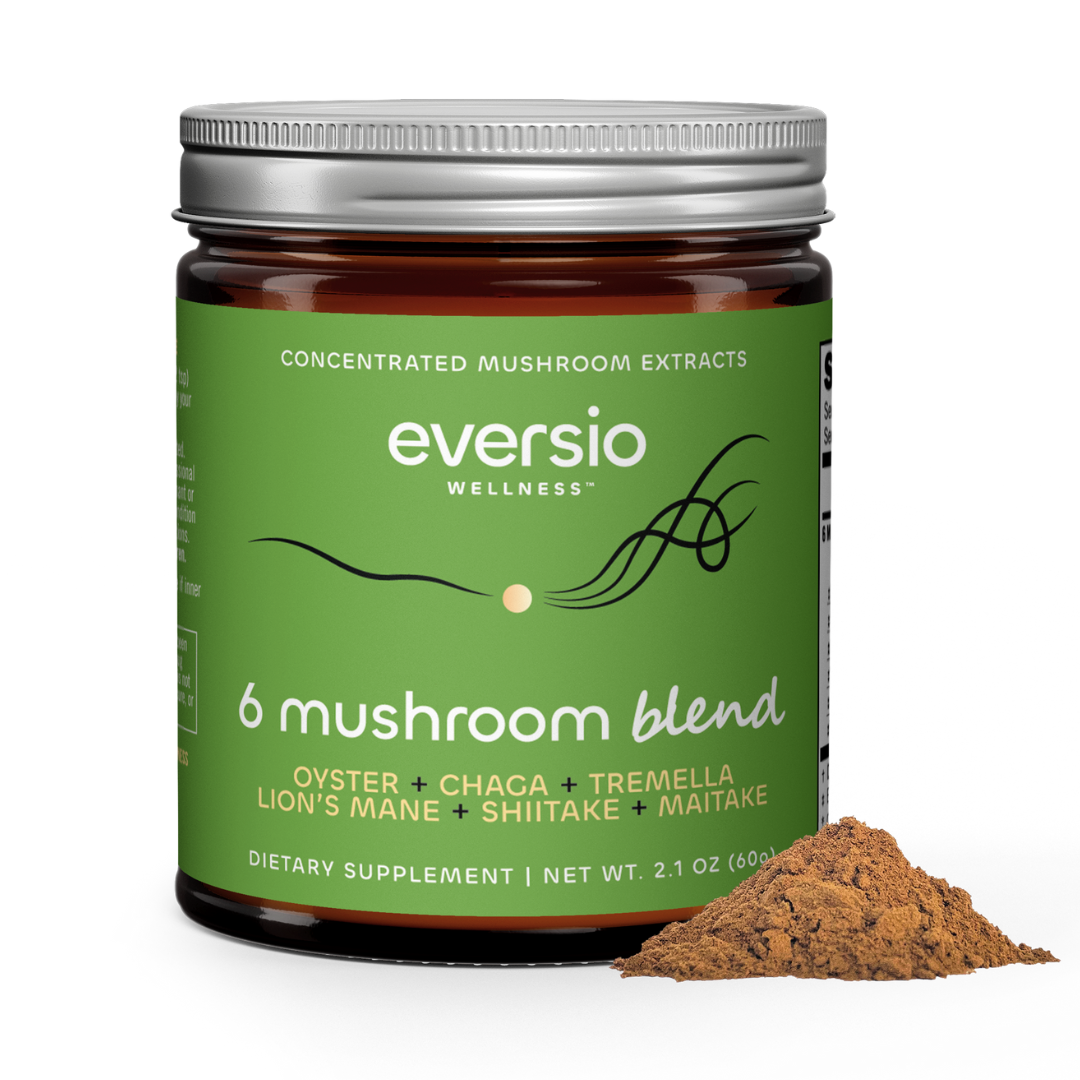
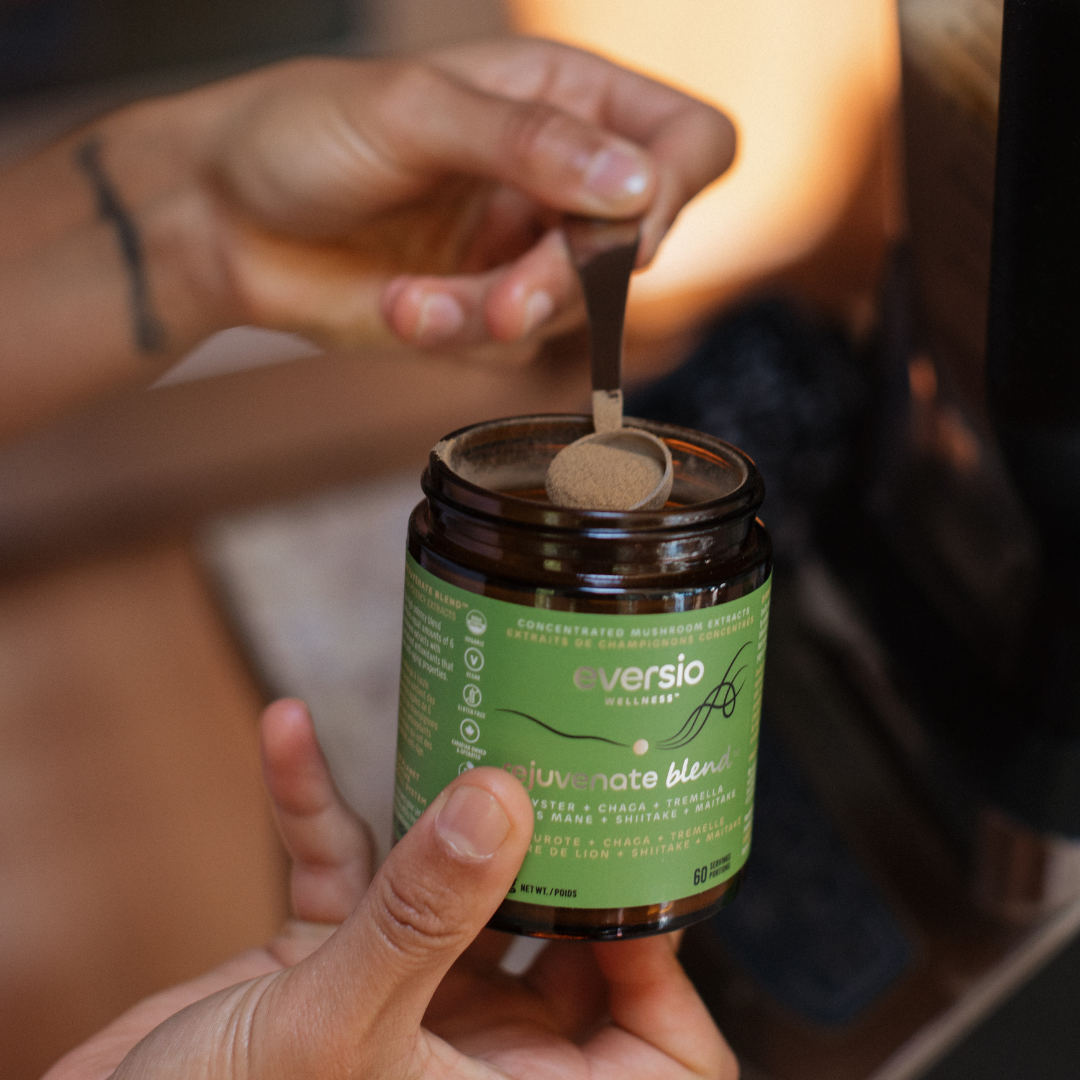
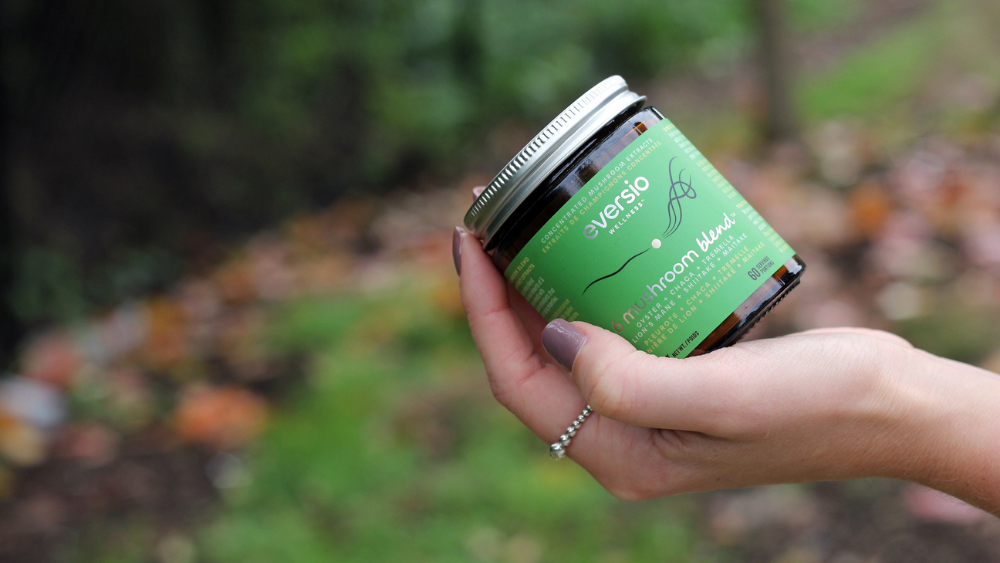







Leave a comment
All comments are moderated before being published.
This site is protected by hCaptcha and the hCaptcha Privacy Policy and Terms of Service apply.